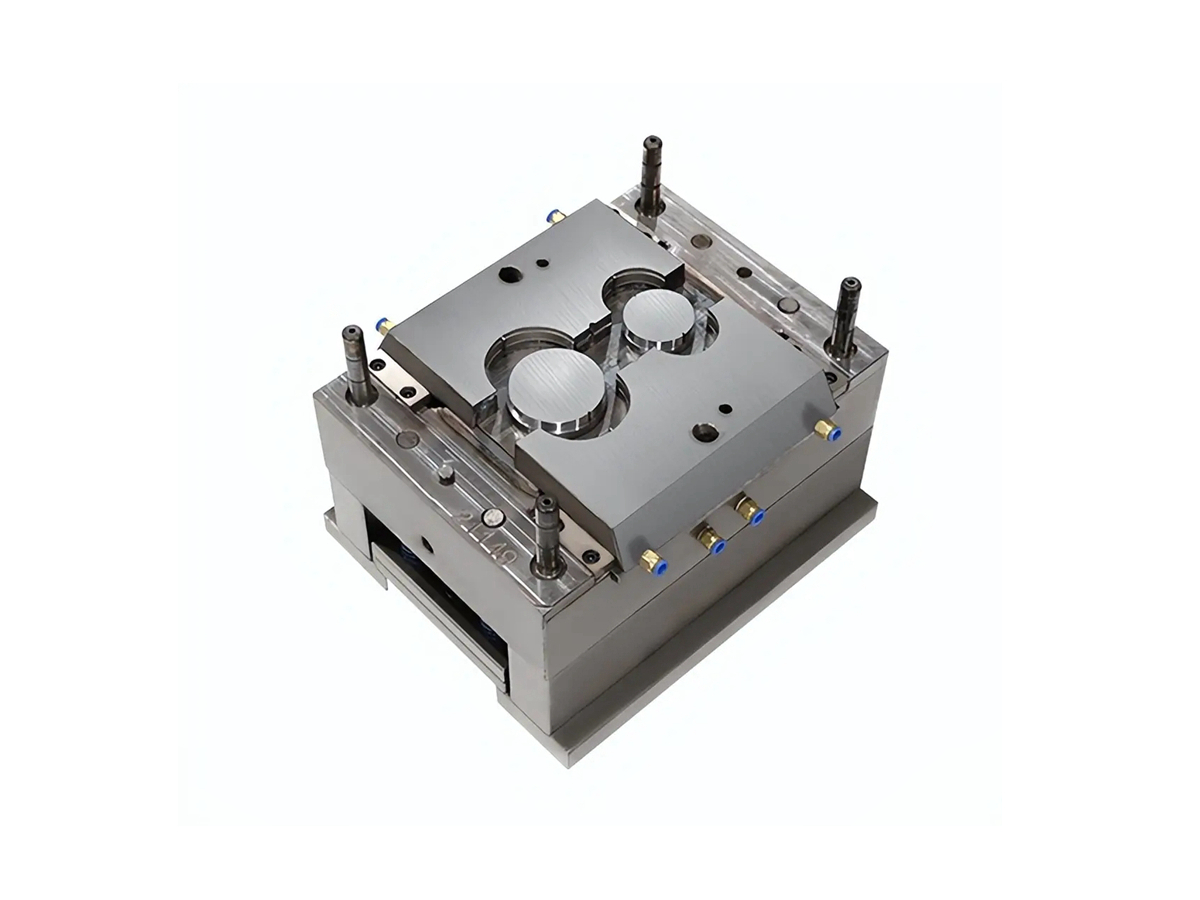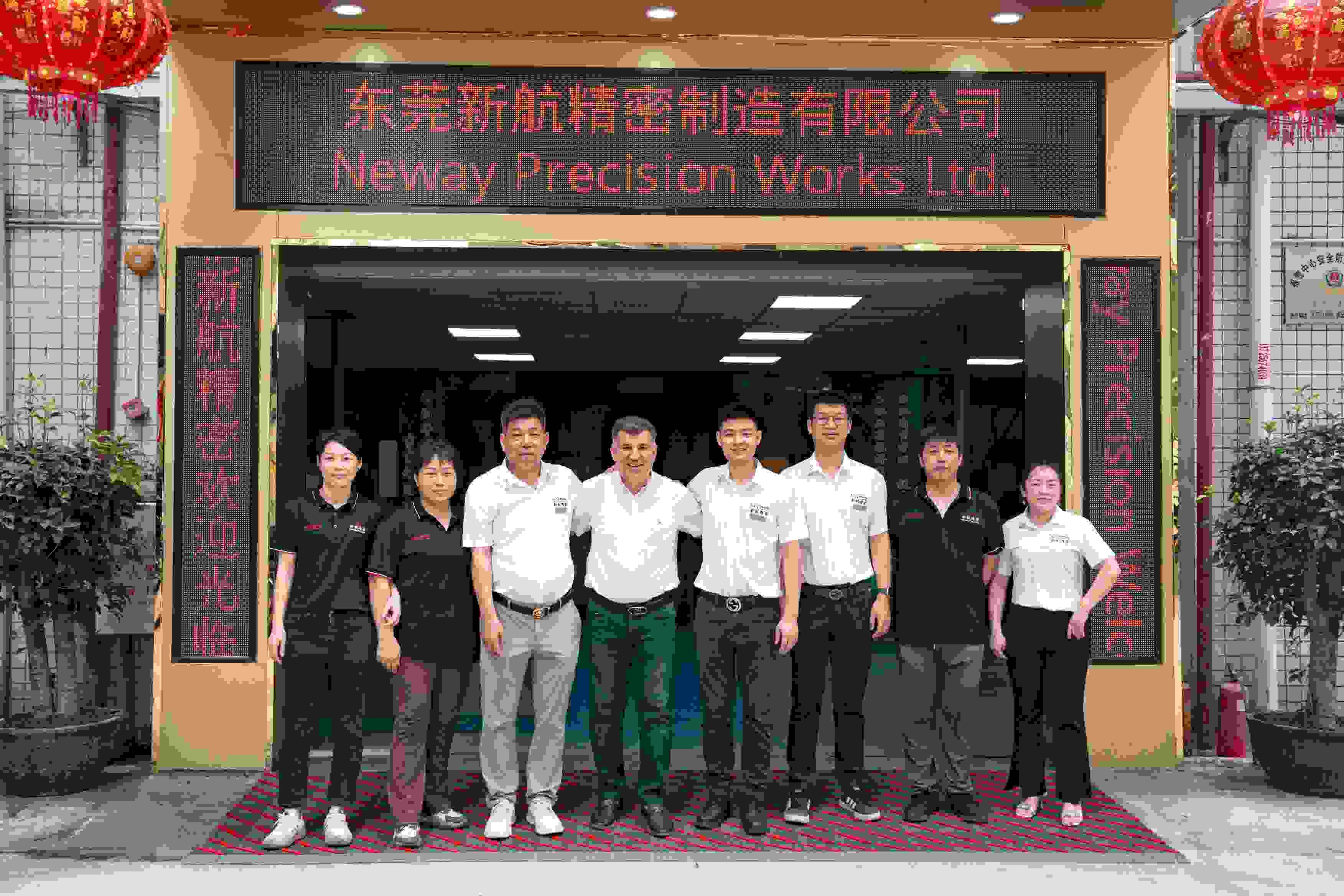Adaptable Tooling Solutions for Custom and Specialized Manufacturing Needs
Introduction
In today’s manufacturing environment, agility is key. From prototyping to low-volume production and specialty part fabrication, manufacturers need tooling systems that adapt quickly to changing product requirements. Adaptable tooling solutions—also known as modular, reconfigurable, or soft tooling—enable flexible, cost-effective production across various volumes, materials, and geometries.
At Neway, we provide custom tool and die solutions tailored to the specific needs of die casting, CNC machining, and short-run production, ensuring optimal results with faster turnaround and lower investment.
What Are Adaptable Tooling Solutions?
Adaptable tooling refers to toolsets designed for adjustability and modularity. Depending on part design, batch size, or production method, they can be rapidly modified, repurposed, or scaled.
Types include:
Modular dies for casting multiple part versions from a single base mold
Insert-based molds with interchangeable cavity sections
Adjustable jigs and fixtures for multi-part CNC setups
Soft tooling made from aluminum, P20 steel, or polymer-based composites for rapid iteration
Why Adaptability Matters in Custom Manufacturing
As product lifecycles shorten and customization demands grow, tooling flexibility becomes a competitive advantage. Benefits include:
Benefit | Impact |
|---|---|
Faster Setup Changes | Quick adaptation for variant geometries or dimensions |
Lower Initial Costs | Reduced tooling investment compared to dedicated hard tooling |
Accelerated Time-to-Market | Ideal for rapid prototyping and bridge production |
Multi-Use Configurations | Support different part families with interchangeable tooling inserts |
Scalable to Mass Production | Soft tools can be upgraded to hardened dies for long-term use |
Tooling Materials and Their Use Cases
Neway offers tooling solutions using a range of materials based on durability and lead time:
Material | Characteristics | Common Use Case |
|---|---|---|
Moderate hardness, good machinability | Short-to-mid run die casting molds | |
High strength, excellent thermal fatigue resistance | High-volume aluminum and zinc die casting tools | |
Aluminum Tooling | Lightweight, quick to machine | Prototypes and low-pressure casting |
Polymer Tooling | 3D printed or machined polymer inserts | Functional mockups and early-stage design testing |
Applications of Adaptable Tooling
Adaptable tooling serves a broad range of industries and applications, including:
Automotive: Multi-cavity tools for left-hand/right-hand component variations
Electronics: Insert-swappable molds for housings with differing ports and interfaces
Medical: Low-run tools for patient-specific components with rapid part replacement
Aerospace: Modular fixturing for complex, tight-tolerance machined components
Case Study: Modular Tooling for Zinc Die Cast Brackets
A client in the electronics sector needed five bracket versions, each with different mounting interfaces, produced in batches of 300. We designed a modular die using Zamak 5 and a standardized base with interchangeable inserts. The result:
65% reduction in tooling cost
Parts delivered in under 3 weeks
All five versions produced using the same press and setup
Integration with CNC and Post-Processing
Tooling doesn't stop at the casting stage. At Neway, we integrate adaptable tooling with:
Custom CNC fixtures for high-precision post-machining
Modular jigs for secondary operations like drilling, tapping, or trimming
Flexible setups for surface finishing, including tumbling, anodizing, or painting
This full-stack approach ensures tooling supports every production stage, from concept to finished part.
Tooling Upgrade Paths for Scalability
Adaptable tooling is designed with growth in mind. Many of our soft or hybrid tools include:
Hardened wear inserts for extended life
Provisions for cavity expansion (e.g., single-to multi-cavity transition)
Compatibility with automated production cells for scaling from small batch to mass production
Conclusion
Adaptable tooling solutions are transforming how custom and specialized parts are produced. Whether you're developing prototypes, iterating designs, or launching a niche product line, flexible tooling ensures that your manufacturing workflow is efficient, scalable, and cost-effective.
At Neway, we design and manufacture tooling systems that evolve with your project—minimizing risk, maximizing uptime, and delivering production-ready results from day one.
FAQs
What are the main advantages of modular tooling systems?
How does soft tooling compare with hardened steel tooling in terms of lifespan?
Can I use adaptable tooling for zinc and aluminum casting?
How quickly can Neway deliver insert-based tools for prototyping?
Is it possible to convert soft tooling into permanent mass production molds?

